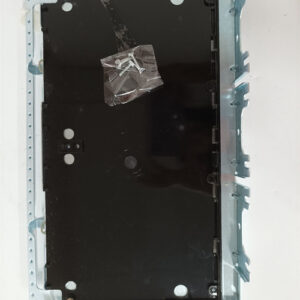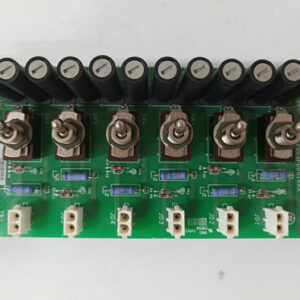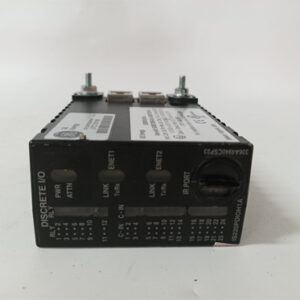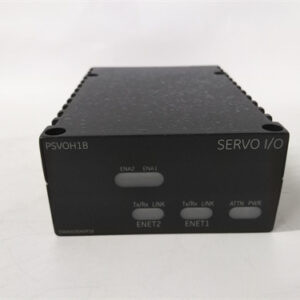الوصف
The GE part number IS200JPDBG1A is a Main AC Power Distribution Module (PDM) for the Mark VIe Excitation Control System. Its primary function is to safely and efficiently distribute incoming AC power to the various electronic cards and modules within the control system cabinet. ⚡
Function and Key Features
A PDM is essentially a high-tech power strip for an electronic control system. The JPDB board provides a centralized and protected point for the system’s power.
-
- Power Distribution: The board takes a single, or sometimes multiple, AC power inputs and routes it to various outputs. These outputs are connected to the system’s power supply cards (e.g., EPSM) which then convert the AC power to the DC voltages needed by the control cards.
- Circuit Protection: The board contains fuses or circuit breakers for each power output. This is a crucial safety feature that protects the downstream modules from overcurrent conditions or short circuits.
- Terminal Interface: The board provides a set of robust terminals for landing the incoming AC power cables and the outgoing cables to the power supplies. This simplifies wiring and maintenance.
- Robust Design: Like all GE industrial control components, it is built to withstand the harsh conditions of a power plant, including electrical noise and temperature fluctuations.
Applications
The IS200JPDBG1A is a key component in power generation facilities that utilize GE’s advanced control systems. It is essential for:
- System Reliability: By providing organized and protected power distribution, it ensures that a fault in one section of the control system does not cause a cascade failure.
- Safety: It protects both the equipment and personnel by isolating overcurrent faults.

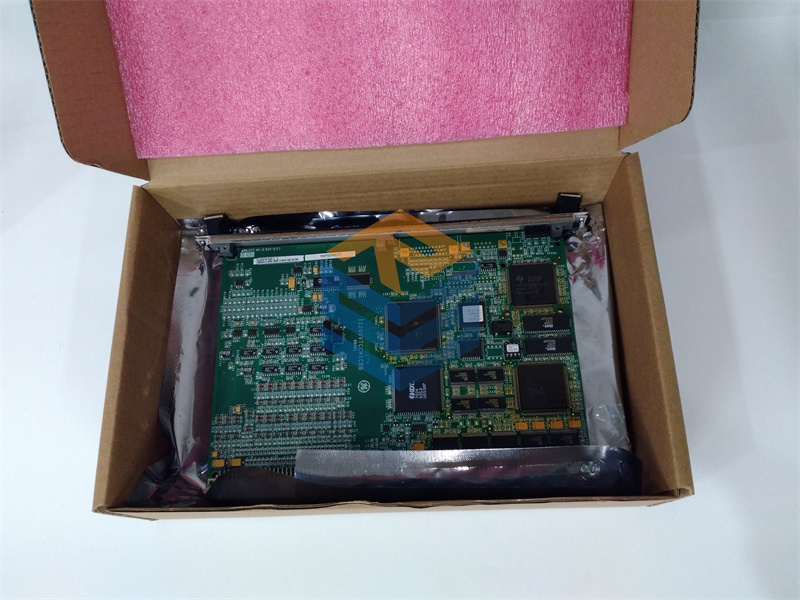

 +86 15340683922
+86 15340683922 +86 15340683922
+86 15340683922